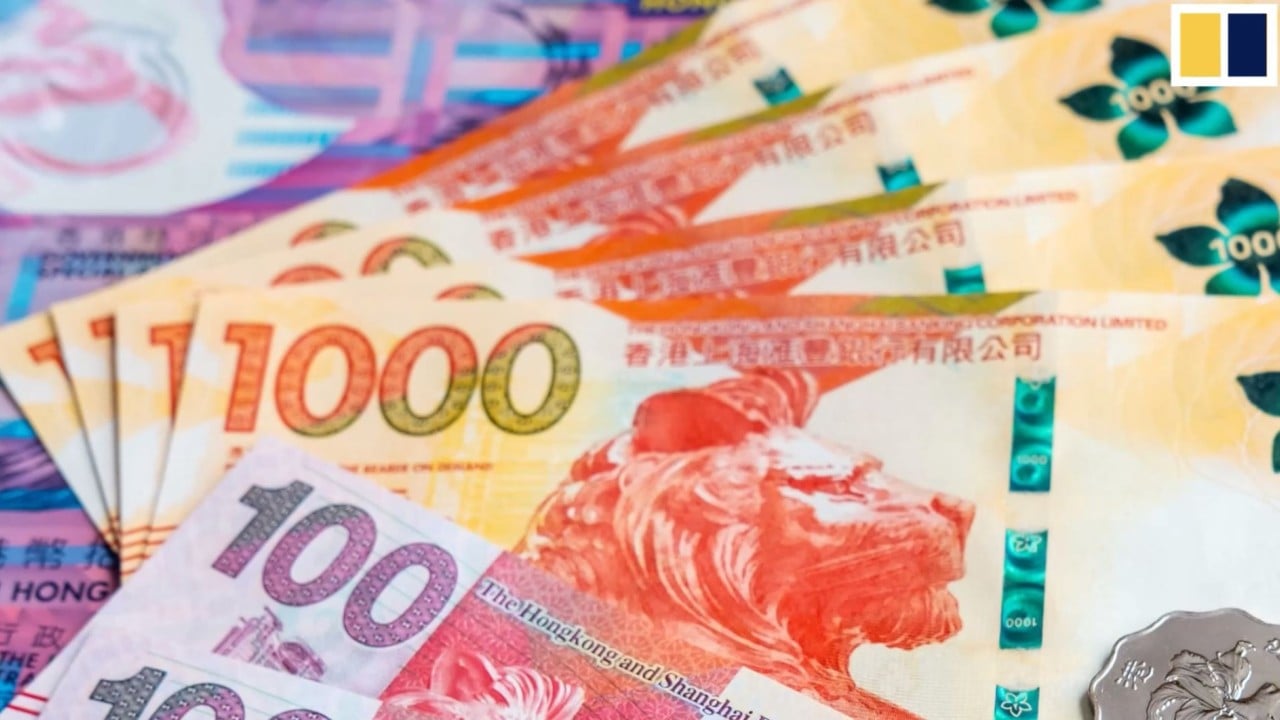Advertisement
The View | Why short-term outlook for Hong Kong’s retail sector remains bleak
- Hongkongers flocking to the mainland, a strong Hong Kong dollar and sharper competition weigh heavily on local retailers’ fortunes
Reading Time:4 minutes
Why you can trust SCMP
3

Hong Kong’s retail industry cannot seem to catch a break. No sooner did China’s economy reopen at the beginning of last year, providing a fillip to high street shop rents that had just begun to rise again after several years of steep declines, than scores of Hongkongers flocked to the mainland to do their shopping.
Advertisement
Last month, outbound trips by Hong Kong residents to the mainland reached 110 per cent of their average monthly level in 2015-18, while mainland Chinese visitor arrivals stood at just 74.5 per cent of their average monthly level during this period, data from JPMorgan shows.
This is just a snapshot, but it is indicative of a worrying post-pandemic trend that has dealt another blow to the city’s ailing retail sector. At the core of what JLL euphemistically calls “domestic consumption leakage” is the double-edged sword of Hong Kong’s currency peg against the US dollar.
Earlier this year, the peg was the envy of policymakers across the region as the Hong Kong dollar was the only major currency in Asia to withstand the surge in the US dollar stemming from the disruptive repricing of expectations of cuts in US interest rates.
Yet what is good for financial stability in Hong Kong has proved detrimental to the competitiveness of the city’s retail industry. The yuan has fallen to levels against the Hong Kong dollar last seen in 2008, and the Japanese yen is at its weakest level since 1990.
Such unfavourable exchange rate movements are particularly damaging in a city with two of the world’s most expensive retail districts. According to a survey by Cushman & Wakefield, even after their steep declines since 2014, average annual rents in Tsim Sha Tsui and Causeway Bay were the highest and second highest in Asia in 2022-23.

Advertisement

